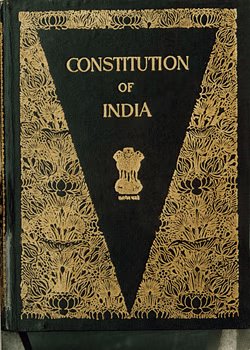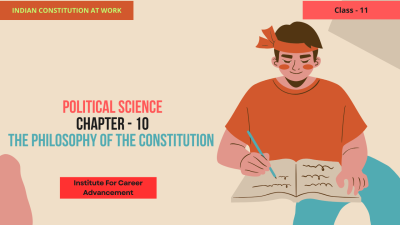Globalisation - Class 12
Globalization refers to the increasing interconnectedness of the world's economies, cultures, and societies. This chapter explores the various aspects of globalization, including its drivers, benefits, challenges, and implications for different countries and regions. Key points covered: Drivers of Globalization: Examines the factors that have contributed to the globalization process, such as technological advancements, economic liberalization, and political changes. Benefits of Globalization: Discusses the potential benefits of globalization, including economic growth, increased trade, cultural exchange, and technological advancements. Challenges of Globalization: Explores the challenges associated with globalization, such as inequality, job losses, cultural homogenization, and environmental degradation. Globalization and Developing Countries: Examines the impact of globalization on developing countries, including both opportunities and challenges. Global Governance: Discusses the need for global governance to address the challenges and opportunities presented by globalization. By understanding the complexities of globalization, students can develop a critical perspective on the interconnectedness of the world and the implications of global trends for individuals, societies, and nations. বিশ্বায়ন বলতে বিশ্বের অর্থনীতি, সংস্কৃতি এবং সমাজের ক্রমবর্ধমান আন্তঃসংযোগকে বোঝায়। এই অধ্যায়টি বিশ্বায়নের বিভিন্ন দিক অন্বেষণ করে, যার মধ্যে রয়েছে এর চালিকাশক্তি, সুবিধা, চ্যালেঞ্জ এবং বিভিন্ন দেশ ও অঞ্চলের জন্য প্রভাব। অন্তর্ভুক্ত মূল বিষয়গুলিঃ বিশ্বায়নের চালিকাশক্তিঃ প্রযুক্তিগত অগ্রগতি, অর্থনৈতিক উদারীকরণ এবং রাজনৈতিক পরিবর্তনের মতো বিশ্বায়ন প্রক্রিয়ায় অবদান রাখার কারণগুলি পরীক্ষা করে। বিশ্বায়নের উপকারিতাঃ অর্থনৈতিক প্রবৃদ্ধি, বাণিজ্য বৃদ্ধি, সাংস্কৃতিক বিনিময় এবং প্রযুক্তিগত অগ্রগতি সহ বিশ্বায়নের সম্ভাব্য সুবিধাগুলি নিয়ে আলোচনা করা হয়েছে। বিশ্বায়নের চ্যালেঞ্জঃ অসমতা, চাকরি হারানো, সাংস্কৃতিক সমজাতীয়করণ এবং পরিবেশগত অবক্ষয়ের মতো বিশ্বায়নের সাথে সম্পর্কিত চ্যালেঞ্জগুলি অন্বেষণ করে। বিশ্বায়ন এবং উন্নয়নশীল দেশঃ সুযোগ এবং চ্যালেঞ্জ উভয় সহ উন্নয়নশীল দেশগুলিতে বিশ্বায়নের প্রভাব পরীক্ষা করে। গ্লোবাল গভর্নেন্সঃ বিশ্বায়নের দ্বারা উপস্থাপিত চ্যালেঞ্জ এবং সুযোগগুলি মোকাবেলায় গ্লোবাল গভর্নেন্সের প্রয়োজনীয়তা নিয়ে আলোচনা করে। বিশ্বায়নের জটিলতাগুলি বোঝার মাধ্যমে, শিক্ষার্থীরা বিশ্বের আন্তঃসংযোগ এবং ব্যক্তি, সমাজ এবং জাতির জন্য বৈশ্বিক প্রবণতার প্রভাব সম্পর্কে একটি সমালোচনামূলক দৃষ্টিভঙ্গি বিকাশ করতে পারে।
English
Last updated
Wed, 27-Nov-2024



















